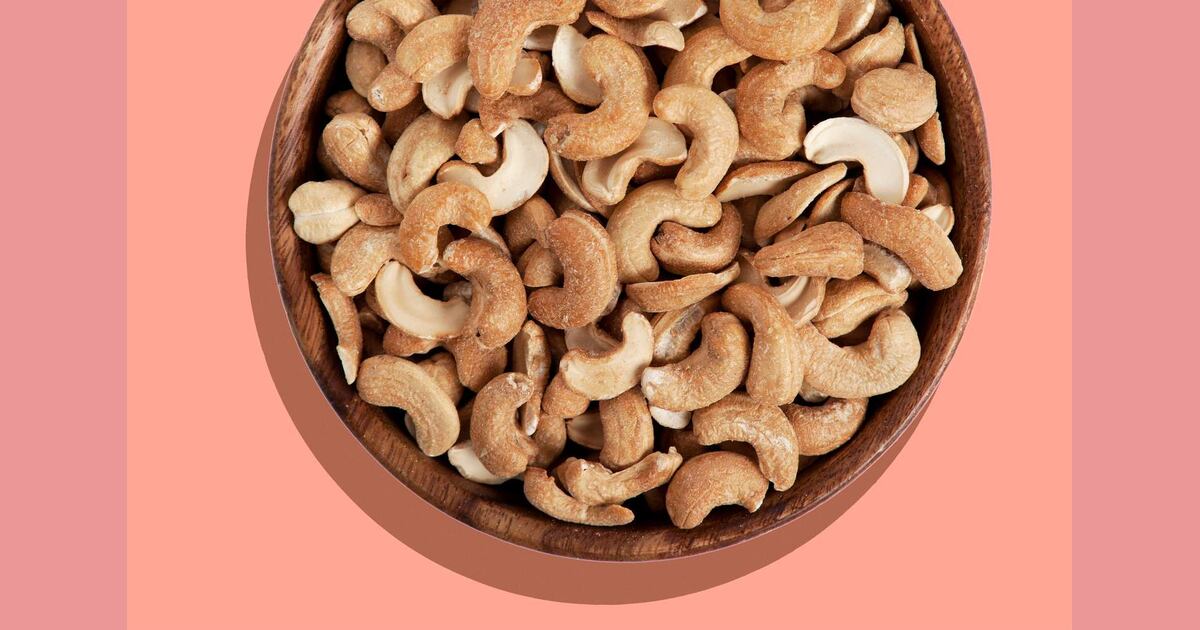Curious about the effects of eating cashews daily? Join us as we explore the insights of dietitians on the surprising ways this nut can impact your body and overall health.
Incorporating cashews into one’s daily diet can have several positive impacts on the body, according to insights from registered dietitians. Stacy Roberts-Davis, RDN, and Elysia Cartlidge, RDN, both emphasize that cashews are a healthy food choice when consumed in moderation, with a recommended daily limit of about 20 nuts.
These experts highlight the nutritional value of cashews, noting their richness in protein, fiber, magnesium, tryptophan, and unsaturated fats.
Notably, the presence of monounsaturated and polyunsaturated fats in cashews, considered heart-healthy, can contribute positively to cholesterol levels and overall cardiovascular health.
To maintain the health benefits of cashews, it’s advisable to choose unsalted and uncoated varieties to avoid added sodium and fats.
Eating cashews daily can impact the body in the following ways:
- Increased Energy: Cashews, owing to their protein and healthy fats content, can provide an energy boost. They are especially suitable as pre- or post-workout snacks and can help combat afternoon fatigue. Copper in cashews also aids in energy production and stabilizes blood sugar levels.
- Support for Weight Loss: The combination of protein, fiber, and healthy fats in cashews can promote satiety, potentially aiding in healthy weight loss. Emerging research suggests that diets rich in nuts may lead to more substantial weight loss and lower overall body weight.
- Improved Digestion: Cashews, due to their fiber content, support digestion and may lead to more regular bowel movements. Incorporating cashews into the diet can be particularly beneficial for individuals struggling with constipation. Research indicates that nut consumption can enhance gut health by increasing the presence of beneficial gut bacteria.
- Reduced Risk of Cardiovascular Disease: Regular consumption of cashews as part of a balanced diet can contribute to heart health by improving cholesterol levels and reducing inflammation. The monounsaturated fats in cashews have the potential to raise HDL (“good”) cholesterol levels and lower LDL (“bad”) cholesterol, thereby lowering the risk of heart disease.
- Brain Health Support: Cashews contain carotenoids and polyphenols, powerful antioxidants that may alleviate inflammation and protect against certain diseases. Scientific studies suggest that a diet rich in polyphenols is associated with a reduced risk of dementia and improved cognitive performance, making cashews a valuable addition to brain health.
Eating cashews daily can provide a range of health benefits. Selecting unsalted, uncoated varieties and adhering to recommended portion sizes ensures that individuals can enjoy these advantages while maintaining a balanced and nutritious diet.
Share your thoughts in the comments below!








Leave a Reply
You must be logged in to post a comment.